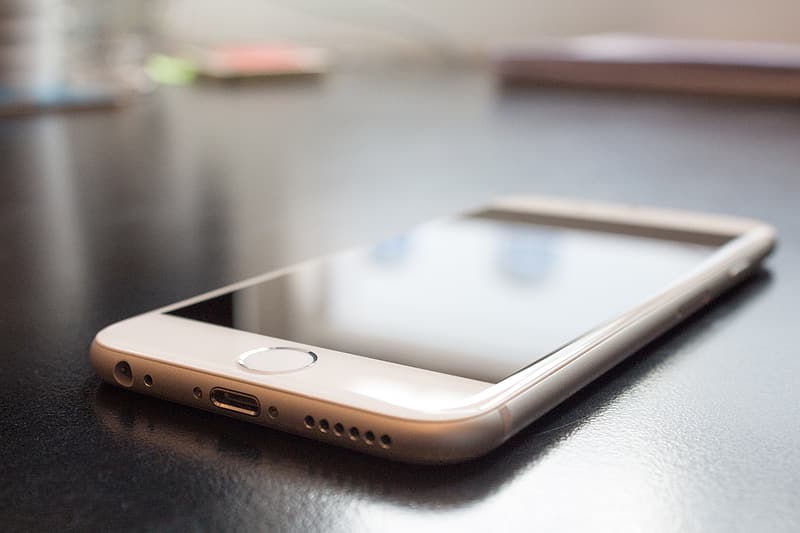Apple has imposed restrictions on iPhone sales through its online stores in many countries around the world, including the United States and China. One person can buy no more than two smartphones online, Reuters reported.
Monitoring of Apple’s website showed that the menu, which opens in many countries, does not allow customers to buy more than two identical iPhone models. Apple declined to comment on the matter.
The last time the company introduced such restrictions was in 2007, when the first iPhone was introduced. The restrictions were designed to prevent resale of devices by speculators. Now online sales are limited for a similar reason, said Nicole Peng, an analyst with Canalys research firm. Apple is likely to limit online orders to prevent them being bought up for resale in the shadow market when stores around the world are closed, she explained.
Apple closed its stores in China immediately after the outbreak of coronavirus, and reopened them by March 13th. On the same day, Apple closed all of its retail stores outside of China.
Apple's main production site in China, Foxconn, has also temporarily suspended operations. Now, according to the founder and CEO of the company billionaire Terry Gou, production has returned to normal.
Now that Chinese factories have resumed operations, Apple and other smartphone makers are facing a drop in demand, as stores around the world are closing and people are trying to adhere to the principle of social distance because of the threat of coronavirus.
source: forbes.com
Monitoring of Apple’s website showed that the menu, which opens in many countries, does not allow customers to buy more than two identical iPhone models. Apple declined to comment on the matter.
The last time the company introduced such restrictions was in 2007, when the first iPhone was introduced. The restrictions were designed to prevent resale of devices by speculators. Now online sales are limited for a similar reason, said Nicole Peng, an analyst with Canalys research firm. Apple is likely to limit online orders to prevent them being bought up for resale in the shadow market when stores around the world are closed, she explained.
Apple closed its stores in China immediately after the outbreak of coronavirus, and reopened them by March 13th. On the same day, Apple closed all of its retail stores outside of China.
Apple's main production site in China, Foxconn, has also temporarily suspended operations. Now, according to the founder and CEO of the company billionaire Terry Gou, production has returned to normal.
Now that Chinese factories have resumed operations, Apple and other smartphone makers are facing a drop in demand, as stores around the world are closing and people are trying to adhere to the principle of social distance because of the threat of coronavirus.
source: forbes.com





